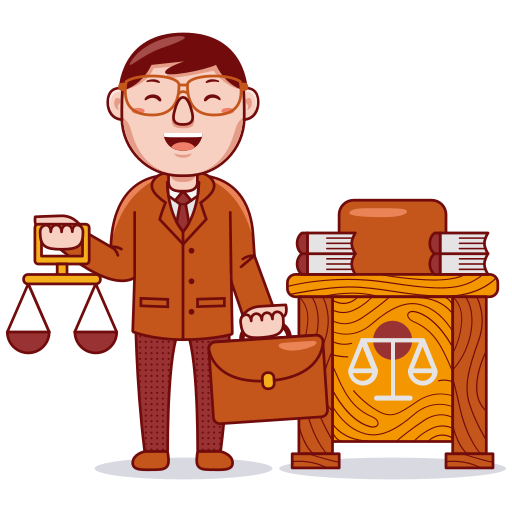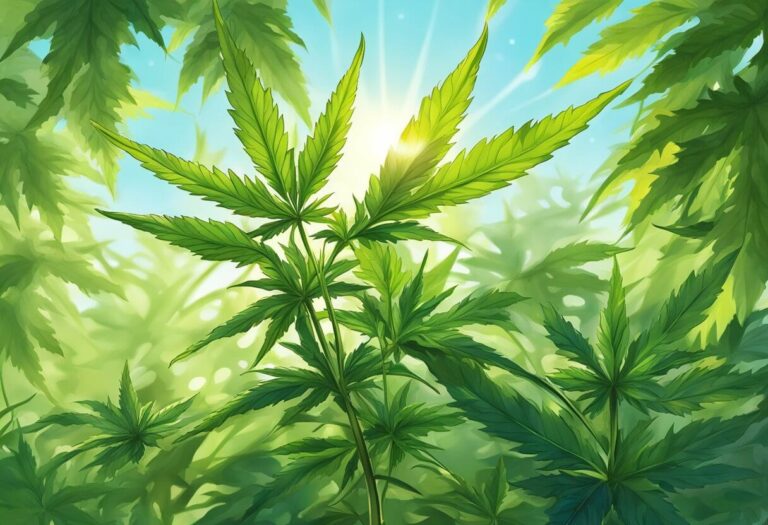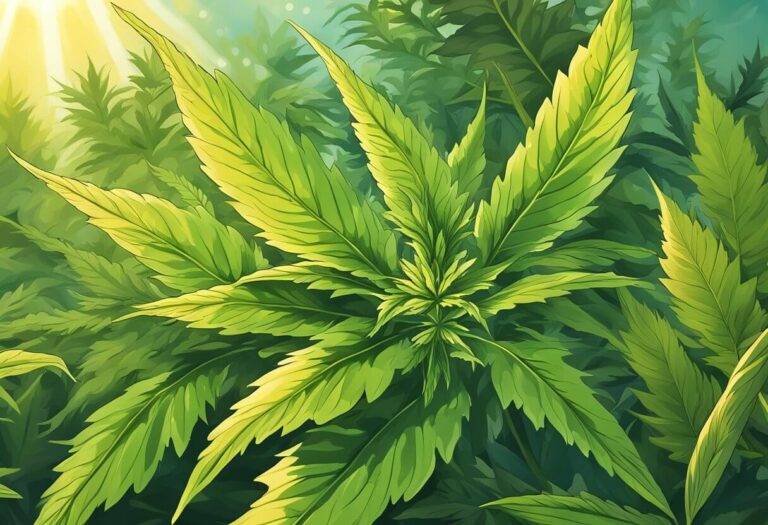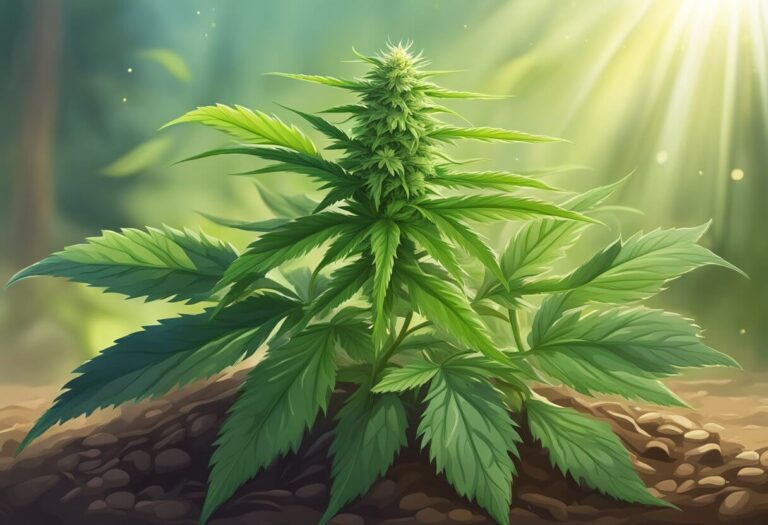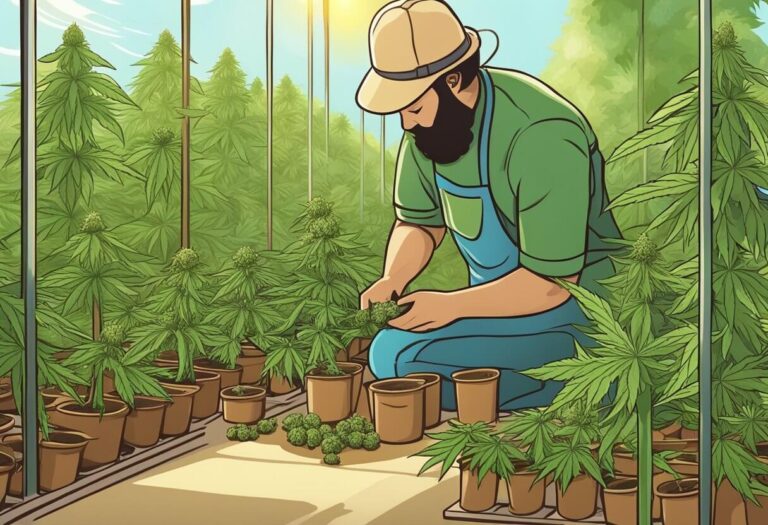Is Weed Truly Legal in Iceland? The Complete Reality

Iceland is known for its stunning landscapes, geothermal wonders, and progressive social policies. But when it comes to drug laws, this Nordic country takes a stricter approach – especially regarding cannabis.
So is weed legal in Iceland?
No, cannabis is federally illegal in Iceland. But the reality on the ground is more complex. Use and possession are prohibited yet somewhat common. And debate continues around reforming the strict laws.
In this in-depth guide, we’ll cover everything you need to know about cannabis legislation in Iceland, including:
- How cannabis laws are enforced and penalties for offenses
- The availability of medical marijuana
- The debate around legalization
- What the cannabis culture and market are like
- If tourists can freely smoke weed
- And more…
Let’s start by looking at the legal status of cannabis in Iceland and how it’s viewed.
Cannabis is Illegal in Iceland But Enforcement Varies
Cannabis has been illegal in Iceland since 1969 when regulations were introduced to ban its use and possession. Prior to that, consumption was legal.
The 1969 regulations were incorporated into the Icelandic Addictive Drugs and Narcotics Act in 1974, which remains in effect today. Under this law, offenses like importation, cultivation, selling, and purchase of cannabis can lead to imprisonment.
However, possession of small amounts intended for personal use is prohibited but not criminalized. It typically results in fines rather than jail time.
Police can still arrest people and issue fines upwards of $500 USD for carrying just 1 gram of cannabis.
But despite its federally illegal status, cannabis use remains relatively high across Iceland. An estimated 18.3% of Icelanders consumer cannabis with some regularity – one of the highest rates globally.
So while personal use and possession are risks, they don’t result in lengthy prison stays generally. Distribution and growing cannabis face stricter sentencing.
Next we’ll look at exactly how cannabis laws are enforced.
How are Cannabis Laws Enforced and What are Common Penalties?
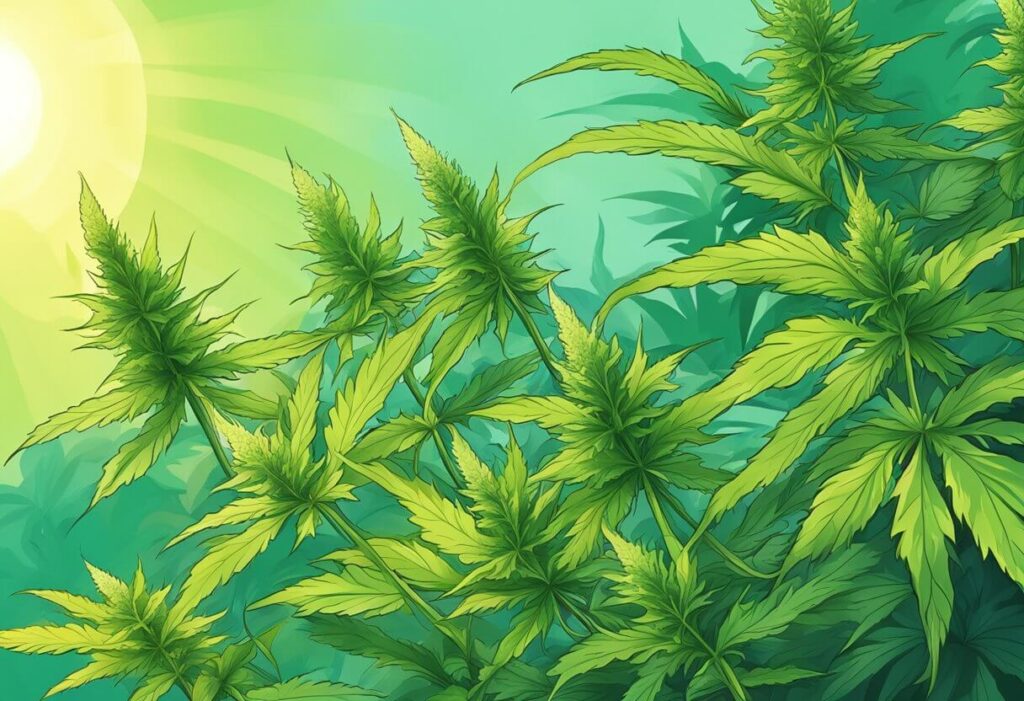
The reality is cannabis laws in Iceland aren’t as harsh as the books may make them seem when it comes to minor personal possession and use.
Police can stop and search citizens suspected of possessing illegal substances. But people caught with small amounts of cannabis for personal use typically face a fine around $500 USD. This applies to roughly 1 gram of marijuana or hashish.
Selling, growing, importing, or exporting cannabis can lead to jail time as these are considered more serious drug offenses in Iceland.
According to statistics, drug-related offenses have been steadily rising over the past decade. Most violations involve personal possession rather than distribution or production.
So tourists and residents caught using or holding a small amount of weed generally walk away with lighter punishment. But it still results in a permanent criminal record, in addition to the stiff fine.
What About Medical Cannabis in Iceland?
When it comes to medical exceptions, Iceland also takes a restrictive view on cannabis similar to other Scandinavian countries.
There are very limited allowances for prescription of marijuana-based medicines, primarily for severe conditions like muscular dystrophy. The cannabis medicine Sativex is permitted on a case-by-case basis when other treatments fail.
But wider therapeutic or compassionate access to medical cannabis does not exist in Iceland currently.
Doctors – and most citizens – remain hesitant about medical marijuana as well. Despite some shifts elsewhere, the health impacts from using cannabis concern physicians and medical groups in the country.
So medical exceptions are extremely narrow in scope currently. But the strict laws have led some political leaders and activists to call for a change.
The Complex Debate Around Legalizing Cannabis
The prospect of legalizing or decriminalizing cannabis sparks complex reactions across Iceland.
Some politicians have come out in favor of reforming cannabis laws to permit personal possession and use. They argue regulation would better restrict youth access while capturing taxes from legal sales.
Recent years have seen proposals submitted to Parliament around decriminalizing personal recreational consumption or even allowing commercial production and sales.
But so far these proposals have gained little traction in Iceland’s Alþingi parliament. And leaders face skepticism from major interest groups.
Both police and physicians worry legalizing cannabis – even partially – could normalize usage and boost rates of use, especially among teens. Parents echo these concerns as well.
Yet it’s equally clear prohibition has not stopped a significant share of Icelanders from regularly consuming cannabis. Enforcement also drains public resources.
So while no sweeping changes appear imminent, the legalization debate persists as societies around the world increasingly move to regulate cannabis.
Cannabis Use in Iceland: Perception vs. Reality
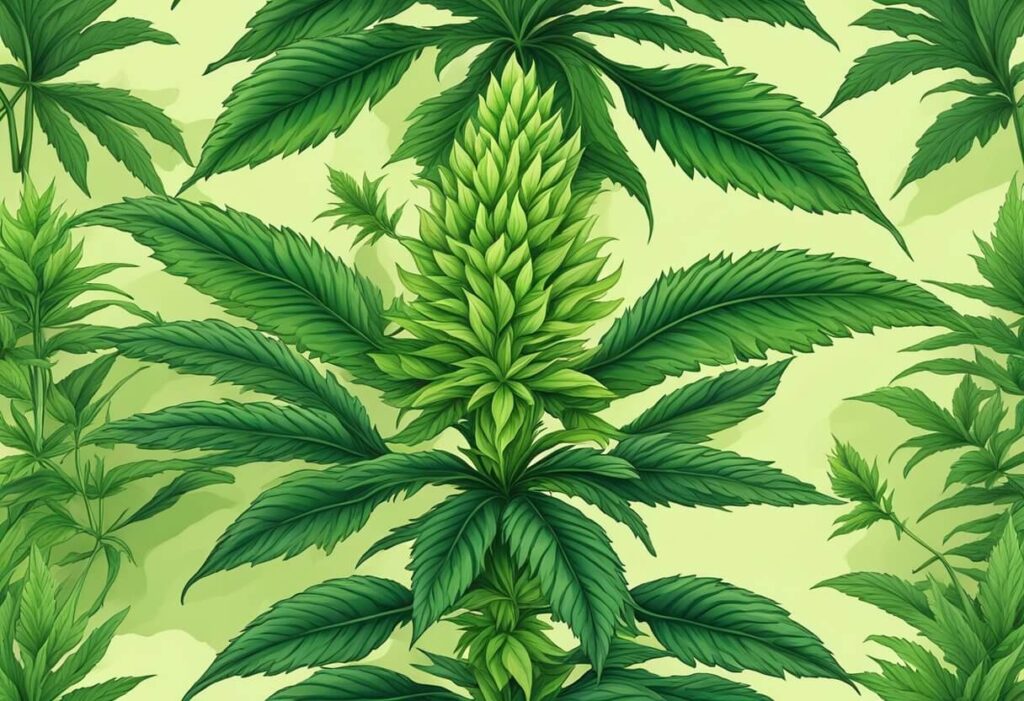
If you’ve heard Iceland has the world’s highest rates of cannabis users, that’s more myth than reality. But use is still relatively common.
Due to widespread data confusion, some reports wrongly claimed over 25% of Icelandic citizens actively use cannabis.
In fact, according to the best estimates around 6.6% of Icelanders use cannabis regularly. While not record-breaking globally, that still places Iceland near the top 30 for national consumption rates.
Yet domestic attitudes consider smoking marijuana a troubling sign among youth especially. Icelanders pride themselves on happy, healthy, and substance-free lives. So cannabis use carries something of a taboo and signaling of personal troubles.
Compared to other progressive social policies regarding women, minorities, and the LGBTQ community, Iceland remains conservative on drug use – including for cannabis.
Will Cannabis Laws Change in Iceland?
The direction around Iceland’s cannabis policy stays decidedly uncertain looking ahead. But a few key trends provide clues.
First, cannabis cultivation has expanded domestically, likely due to overseas smuggling risks and the remote location. More cannabis sold illegally within Iceland now originates from local greenhouse grow operations.
Second, Parliament continues assessing proposals around decriminalizing personal use or legalizing and regulating cannabis production and sales. But near-term passage seems improbable given the lack of majority political and public support.
Yet contrasts with alcohol policy suggest potential for change over longer timescales. Beer prohibition lasted in Iceland from 1915 until just 1989. Now Reykjavik harbors a thriving nightlife scene.
So Whether cannabis gains the same legal status eventually remains to be seen. But for now, restrictions and enforcement continue strict across Iceland.
What’s the Cannabis Culture and Market Like in Iceland?
Given prohibition, aspects of the underground cannabis scene hold mystery and intrigue across Iceland. Most users have little sense of the strains or sources behind the product they purchase.
The market remains dominated by imported cannabis trafficked illegally at significant risk. Most imports originate from Europe according to police.
But reports indicate domestic cultivation has expanded recently. Icelandic police now consider the local cannabis market nearly self-sufficient thanks to local greenhouse growers.
The resulting product sells under slang terms like “marri” for low-grade or “polli” for mid-level quality. And prices reflect the high risk of black market transactions – not to mention remote geography.
Purchasing cannabis in Iceland reportedly costs between $20-50 per gram on average. Ounces fetch $500 or more.
So getting high comes with a steep price tag for both sellers and buyers alike versus legalized US states. Yet cannabis continues proliferating through traditional channels.
For travelers, purchasing weed legally cannot be done safely in Iceland currently regardless of laws being debated.
Can Tourists Smoke Cannabis Freely in Iceland?
With cannabis remaining illegal at the federal level, smoking marijuana in public spaces also stays strictly prohibited for both residents and tourists.
Police crack down on consumption especially during major public festivals and events like the Extreme Chill music festival. But even casual use in the streets risks fines or arrests.
Attempting to bring cannabis through border checkpoints also remains a serious, punishable offense in Iceland.
Given its membership in the Schengen Area, customs agents can easily share information across European borders. Getting caught smuggling cannabis into Iceland can thus jeopardize access to 26 European countries for travelers.
While enforcement has nuance, these realities underscore the serious legal risks still involved with cannabis for visitors to Iceland.
Key Takeaways – Cannabis Use Still Risky Legally
- Cannabis possession and sales remain prohibited nationally in Iceland for both citizens and tourists alike
- Small fines typically apply for minor personal use or possession
- But criminal penalties still exist including potential prison for growing or distributing cannabis
- Police actively enforce public consumption laws for locals and travelers
- Iceland also prohibits smuggling cannabis across its borders
- Proposals to decriminalize use or legalize sales float around Icelandic Parliament
- Yet near-term passage seems unlikely given public health concerns
In summary, Iceland maintains strict formal laws around use, possession, and sale of cannabis despite calls for reform.
Casual smoking and possession still occur illicitly among some groups. But travelers and guests should exercise extreme caution and discretion related to cannabis.
Full legalization may arrive eventually as debates continue. But for now, cannabis culture flies under the radar – and on the wrong side of the law.
So is weed legal in Iceland? Essentially no. The risks still outweigh any potential benefits from a legal perspective.
Yet Iceland itself holds endless natural beauty, culture, and adventure for travelers craving thrills of a different kind. The local hospitality makes up for restrictions on certain vices.
Instead of trying to smoke freely, the wise tourist will simply respect the customs and drug policies of this fascinating Nordic land.
